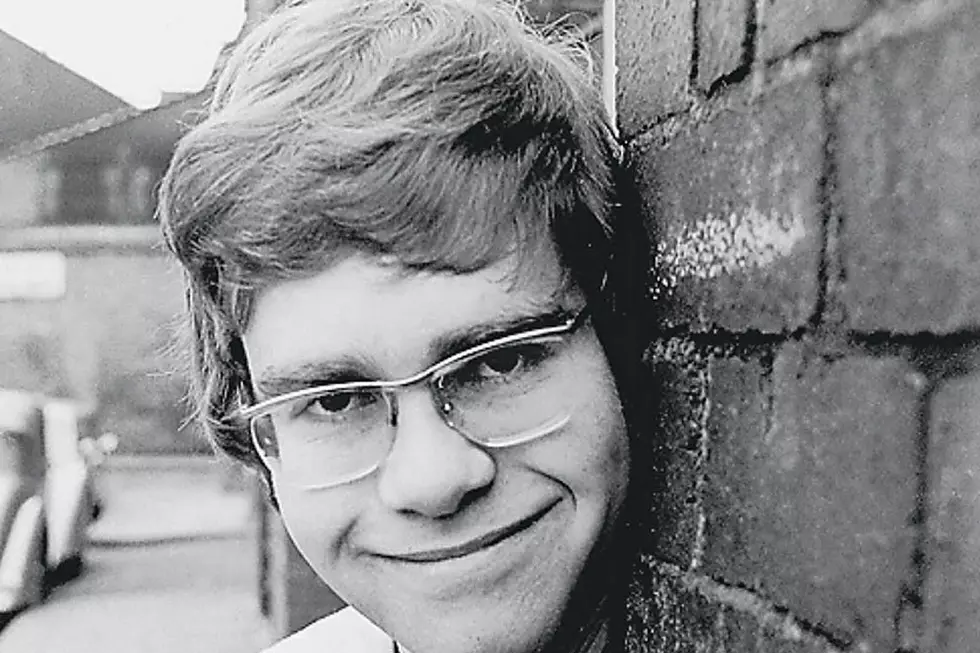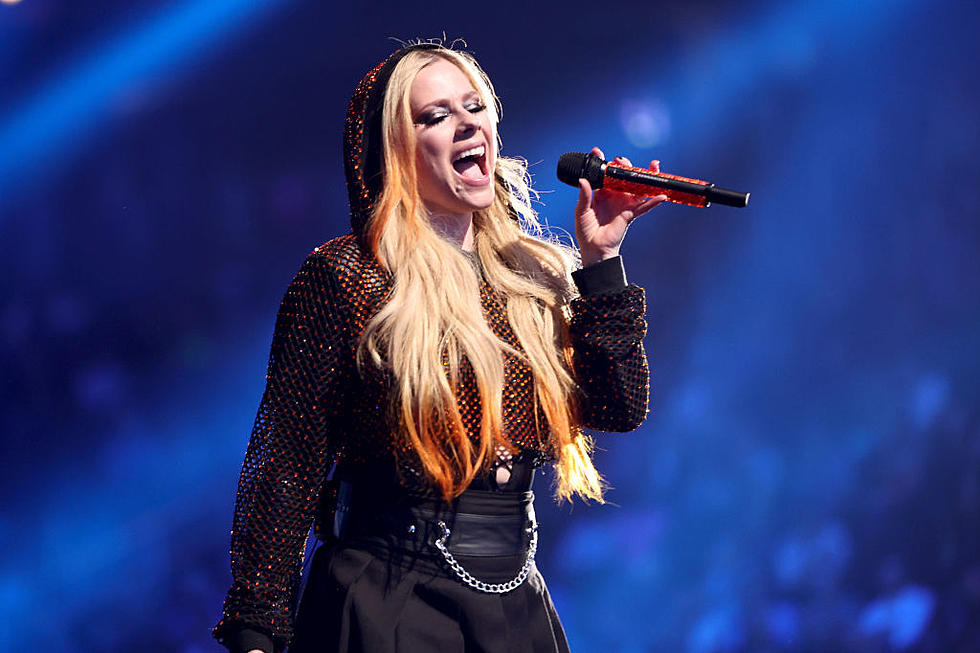
The Story of Elton John’s Early Band Bluesology
As a child, Reg Dwight studied classical music and even won a scholarship to London's prestigious Royal Academy of Music. But like so many British kids of the day, his real passion was American R&B, and in 1962, the boy who would become known as Elton John and some friends formed a soul cover band called Bluesology.
The group had its origins in the Corvettes, which featured Dwight on organ and Stu Brown on guitar and vocals. When they split up, they recruited Rex Bishop (on bass) and Mick Inkpen (drums) and began playing pubs in their hometown of Pinner. Despite their young age, they were good enough to get regular work and, by 1965, Dwight left his job as an office boy at Mills Music to pursue his musical career full-time, and Bluesology went on the road as the backing band for soul acts like the Isley Brothers, Patti LaBelle & the Blue Bells and Lee Dorsey when they toured England.
"It was through the Roy Tempest agency, which used to bring all those people over, like Arthur Alexander, Solomon Burke," John recalled in an October 1997 issue of Billboard. "We couldn't believe our luck. We were backing people whose records we used to buy. ... Even though we weren't getting paid very much -- in fact, hardly getting paid at all -- and doing three or four shows a night, it was a great way to start off one's professional career. I mean, it couldn't get any better for me."
Bluesology's moderate success as a live act also led to a contract with Fontana Records. In 1965, they recorded a single, "Come Back, Baby," which John laughingly told Billboard was "beyond dreadful! Yes, I wrote it but it was an absolute nightmare. I mean, I was not the singer in Bluesology, but when we went to audition at Philips/Fontana Records, under a guy called Jack Baverstock, he didn't like the singer Stuart Brown's voice, he liked my voice. I'd written this song, and it's beyond tragedy. It's in my boxed set, called To Be Continued ... , and it had to be on it, because it's one of those real cheesy records that has to be heard. ... So 'Come Back, Baby,' that was our first record, and we were real proud of it, but when you look back on it, it was a moronic song."
Listen to Bluesology's 'Come Back, Baby'
John referred to another tune he wrote that they recorded, "Mr. Frantic," as "equally depressing. ... That's why, if you listen to both those songs, you'll realize why I never wrote lyrics with Bernie Taupin, because those lyrics of mine were so awful."
Even though the songs weren't successful, John still heard "Come Back, Baby" on the radio, later saying, “I can remember sitting in the car and hearing the record being played on Radio Luxembourg and saying, ‘Hey, that’s me singing, folks!'”
They also continued playing in London's most exclusive clubs before the best of English rock. "Everybody used to go to those clubs," John recalled. "I mean, we’re talking about the mid-'60s, so you’d get the Beatles and the Animals coming in."
They also toured Europe, expanded to incorporate a horn section and even got to open up for Little Richard toward the end of 1966 at London's Savile Theatre. Even though their set didn't go well with Richard's fans, John said in Elizabeth J. Rosenthal's His Song: The Musical Journey of Elton John that seeing his hero up close turned him off playing organ. "When I saw Little Richard standing on top of the piano, all lights, sequins and energy," he noted, "I decided there and then then that I was going to be a rock 'n' roll piano player!"
Listen to Bluesology's 'Mr. Frantic'
Then Long John Baldry, a more established star on the British blues scene, asked Bluesology to become his backup band after the breakup of Steampacket, which featured a young Rod Stewart. But only Dwight and Brown joined, and they were filled out by new musicians, including saxophonist Elton Dean and a third vocalist, Alan Walker.
But Dwight wanted to do more singing, and when Walker was replaced with Marsha Hunt in late 1967, Dwight, who met Taupin a few months earlier, felt increasingly frustrated and left, taking with him the first names of the saxophonist and the bandleader to form his new name, Elton John.
Baldry soon found himself with a No. 1 U.K. hit, "Let the Heartaches Begin," and began moving more toward the cabaret scene. Brown and Dean also left around that time, and Bluesology officially broke up in 1968, a year before John's debut solo album was released.


